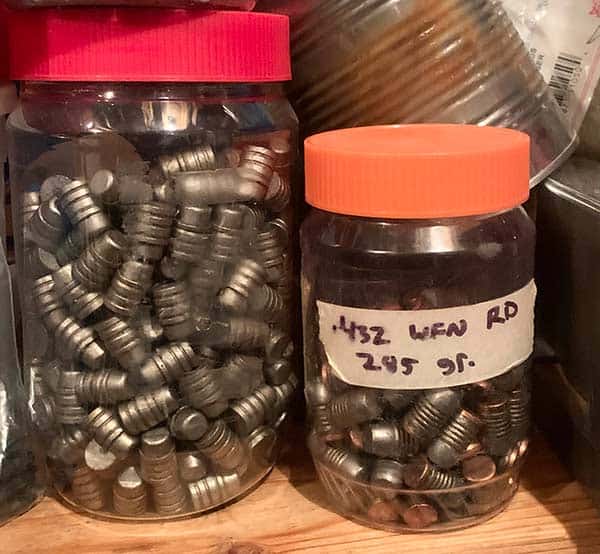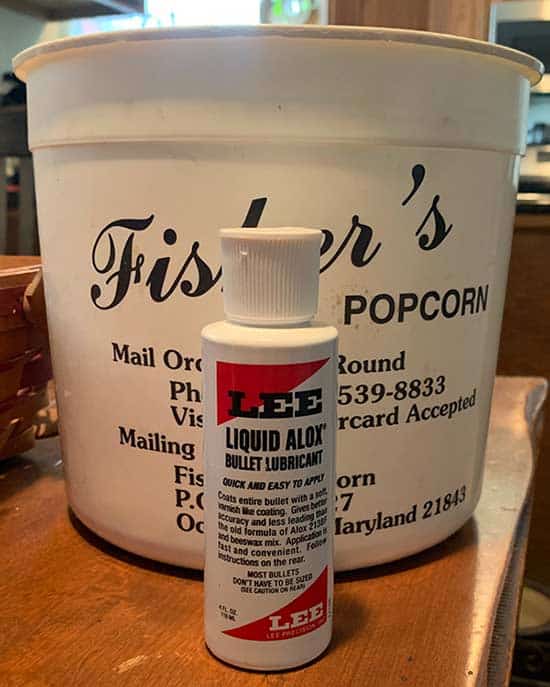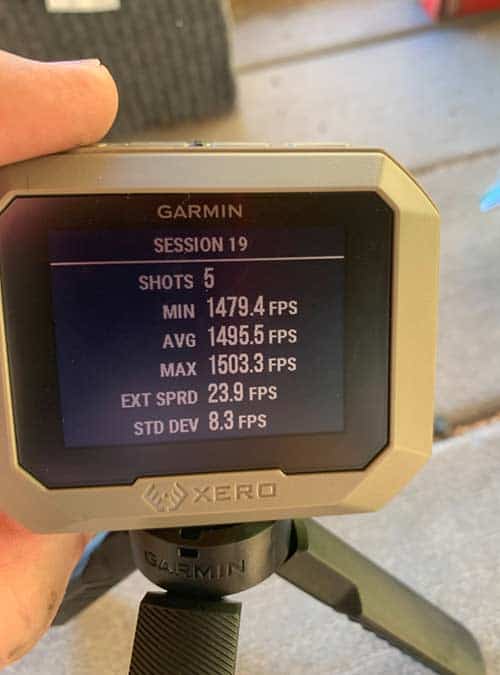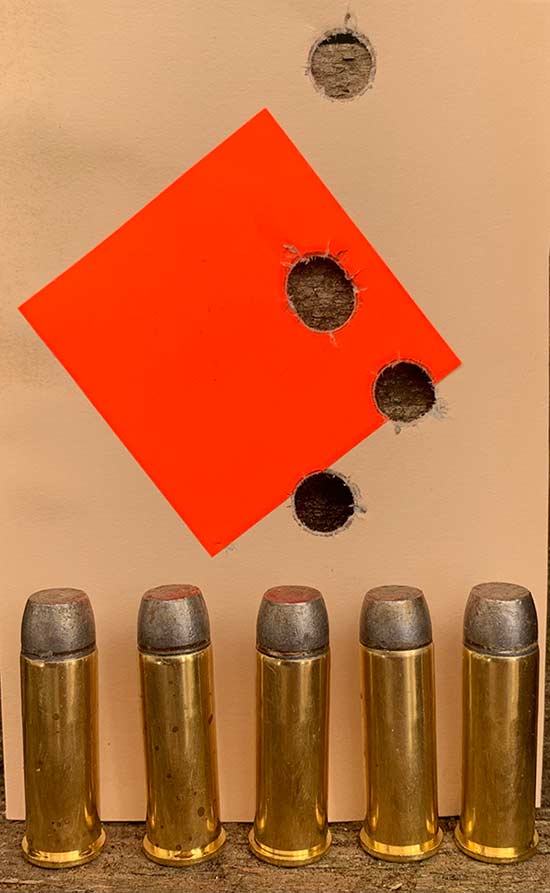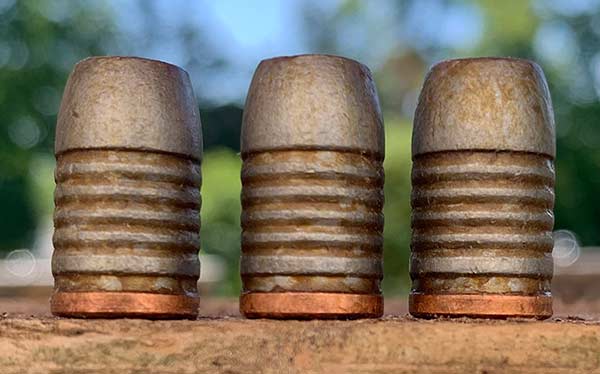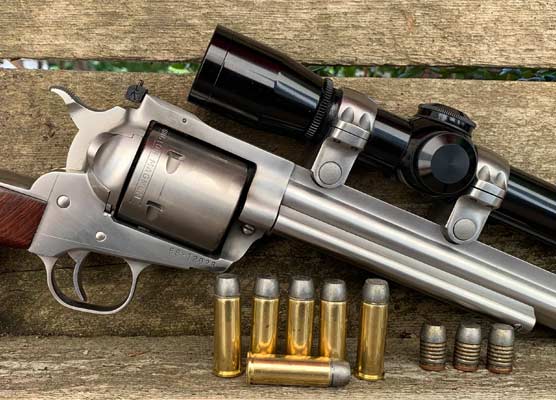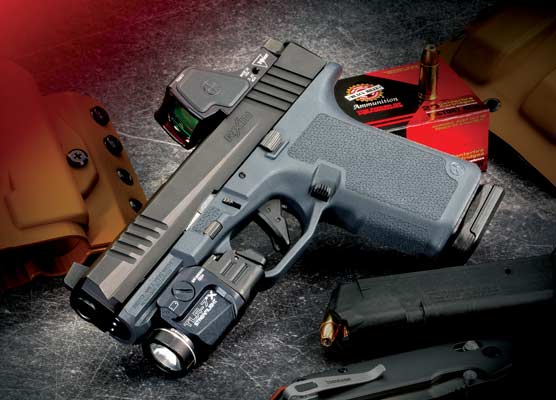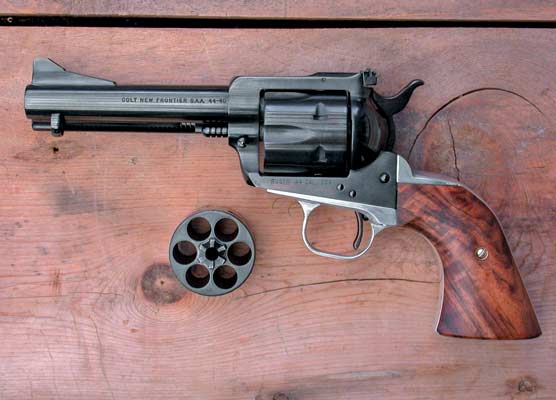Lee Liquid Alox & Cast Bullets
Last fall, I finally got around to buying a Garmin Xero C1 chronograph. The unit’s small size and method of measuring bullet speed via radar is convenient. All you need to do is set the unit up on your shooting bench, punch a few buttons and you are ready to go. There was no need for going downrange, setting up sky screens, unraveling a connector cord or checking bullet trajectory to make sure it went through your sky screens while hitting your target.
While it may not seem to be a big deal if shooting on private land, doing so on a public or club range can be a pain, as you must wait for the next ceasefire to set everything up. Hell, the Garmin unit is so small, it goes unnoticed by most shooters on the same firing line.
With this new ease of getting bullet speeds for handloads and factory fodder, I used my chronograph on everything I shot during shooting sessions to establish a good base. I clocked just about everything I’ve ever loaded — and still had samples — with some handloads being over 30+ years old and still viable. In this way, it helped me clean my loading room of old handloads, gain knowledge on old loads and get more familiar with the new Garmin Xero C1. Some of my old handloads were pleasantly surprising, making me wonder why I stopped using those loads.
LEE Liquid Alox Loads
One of the better reminders I stumbled across was a box of old .44 Magnum handloads. The bullet was a custom job sponsored by Lee Precision from a group buy years ago on the Cast Bullets forum from a man who went by “Ranchdog” because of his affinity for Australian cattle dogs.
The “Ranchdog” line of bullets was tumble lube-style, meaning lube grooves were spaced very closely together to help capture the Lee Liquid Alox used for lubing. Most of the designs are gas-checked for maximum velocities without leading.
Lubing with Lee’s Liquid Alox is very simple. All you need are some naked cast bullets, an old plastic bowl and some Lee Liquid Alox. After placing your bullets in the plastic bowl, squirt a little Alox and start swirling them around to coat them. When your bullets are coated — and it doesn’t take much — dump them out on a piece of parchment or wax paper to dry overnight.
When dry, you can size your bullets with a Lee Push-Thru sizing die with your single-stage press. If you think you’re going to become a prominent cast bullet shooter, it may be worth your while to invest in a Lee Automatic Processing Press (APP) and size your bullets with it. Doing so is faster, and the sizing bushings are less than half ($8.99) the price for a Push-Thru sizing kit ($19.99) from various shooting supply outfits.
The .432 Ranchdog WFNGC Slug
One of the more popular “Ranchdog” designs was a .44 slug having a Wide Flat-Nose Gas Check profile weighing 285 grains checked and lubed with Alox. Loaded over 22.5 grains of H110 and using a CCI 350 primer, my Garmin clocked this load — which was loaded over 30 years ago — at 1,495 FPS out of my Ruger Hunter with Leupold 2X scope over a 7.5” barrel. The stocks were gifted to me from Ken Kelly of Mag-Na-Port and feature an ivory scrimshaw lion’s head medallion. A special set of stocks for sure!
Groups were sub-1” at 25 yards and sub-2” at 50 yards. After pulling the cylinder, I checked the barrel for leading and it was clean as a whistle. Wow! I was impressed.
Another newer load which performed just as well were 11 grains of Alliant BE-86 which clocked right at 1,200 FPS. It may become my new “Taffin” load since Unique powder is so scarce these days.
For a beginner wanting to cast and shoot their own bullets, Lee Liquid Alox would be a good, economical way of lubing their own cast bullets because of the ease of doing it. The downside is the bullets are slightly sticky to handle and the smoke Alox emits when fired can be irritating to your nose when shooting in indoor ranges. But the bottom line is it works — and at some pretty hefty velocities!
I’ve used this same bullet loaded in a Marlin .444 and driven it over 2,200 FPS without leading, along with fine accuracy.
Good Beginner Bullet
One of the best beginner bullets is Lee’s 125-grain Radiused Flat-Nose design for .358-inch cartridges. It’s a favorite of mine for .38 Special, .357 Magnum and extremely accurate in 9mm guns, when sized .358”.
Gear Buy the Numbers
Looking around, you can buy a 10-pound capacity bottom-pour pot (90009) for $80. A two-cavity mold (90574) runs around $30. Your sizing die, depending on what press you use, will be $8.99 or $19.99. Lee Liquid Alox is $7.99 a bottle but lubes thousands of bullets.
However, if you start casting your own slugs, you’ll have an endless supply of bullets and an infinite amount of customizing them with different alloys and hardnesses. Plus, you’ll have a sense of independence like never before. You’ll be like one of our founding fathers.

